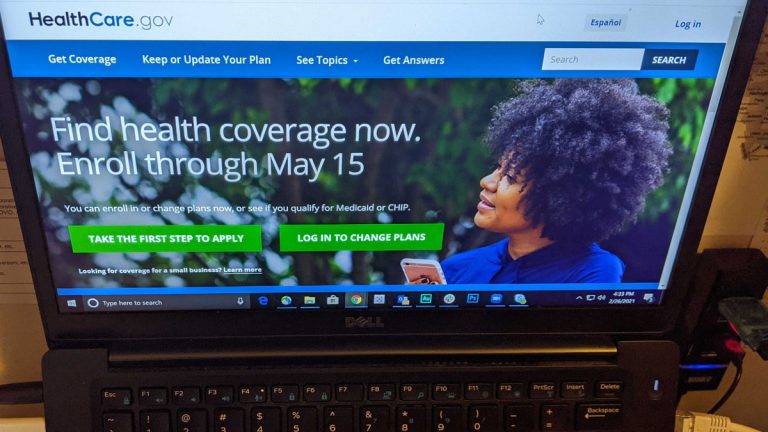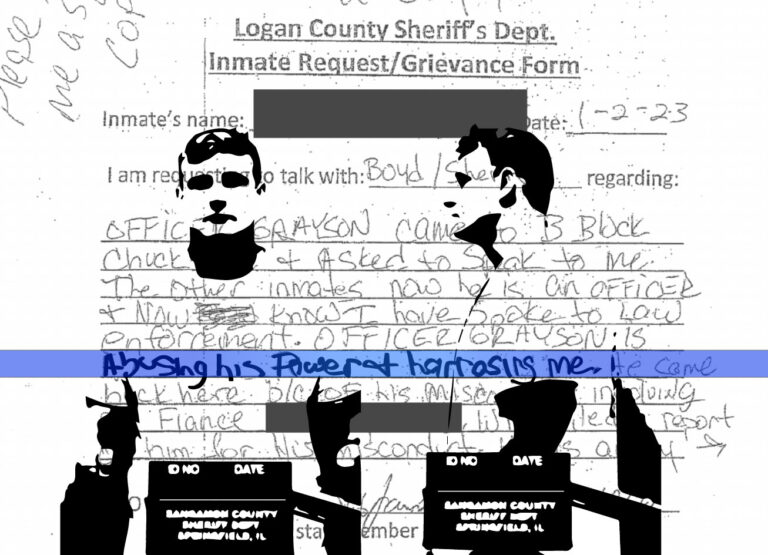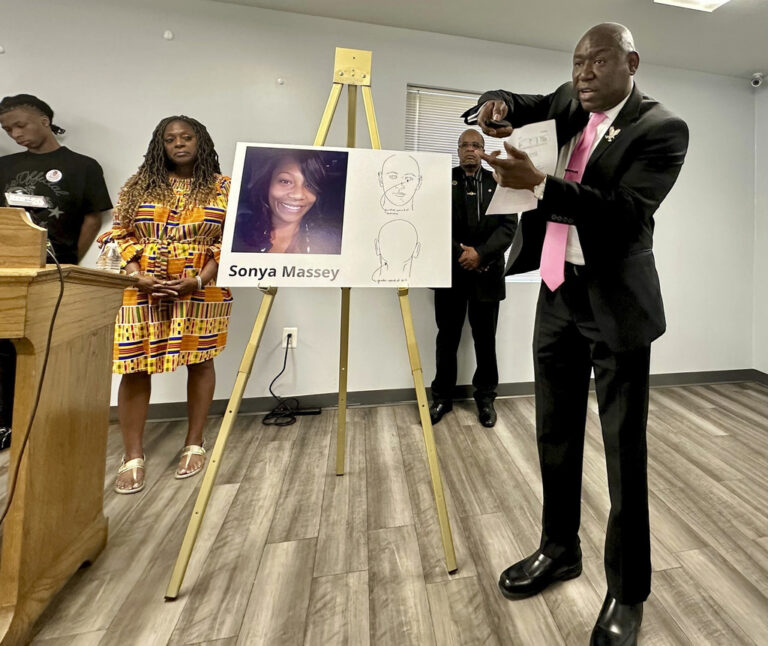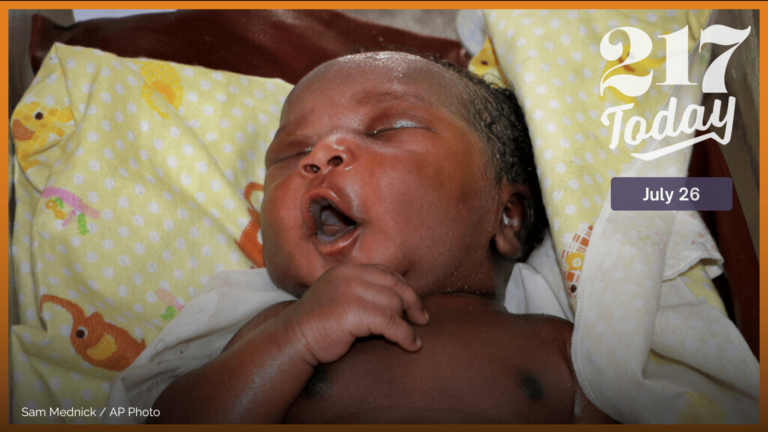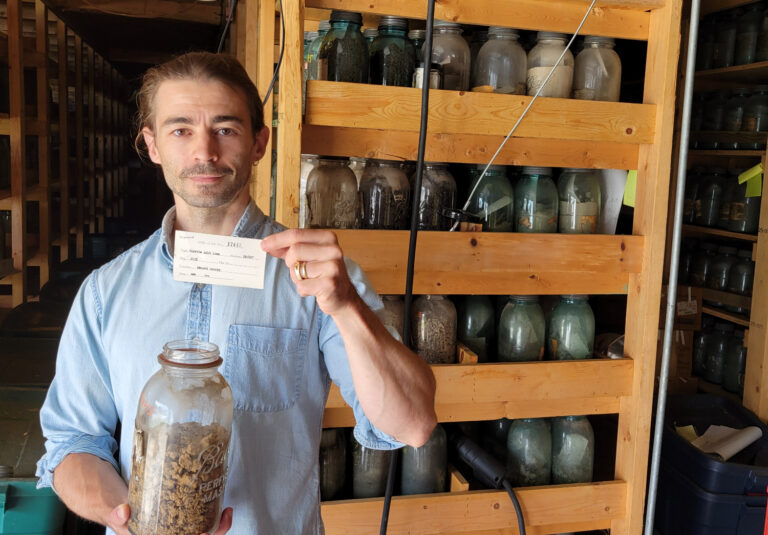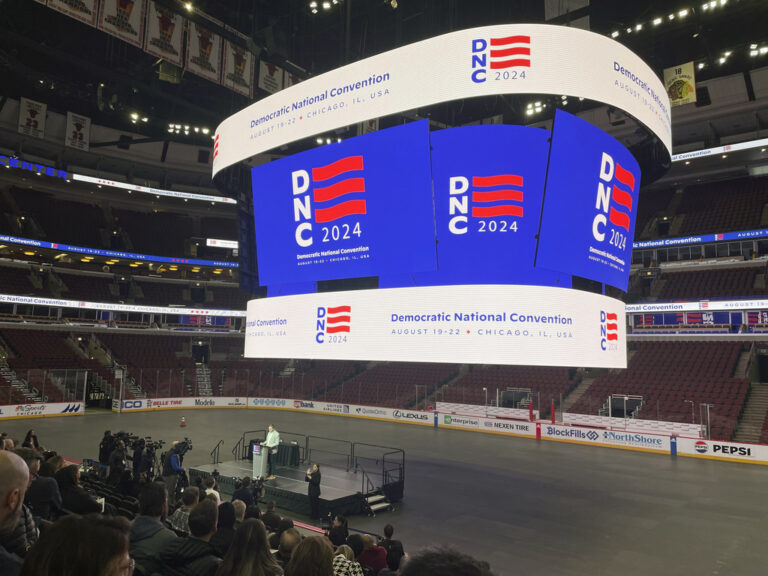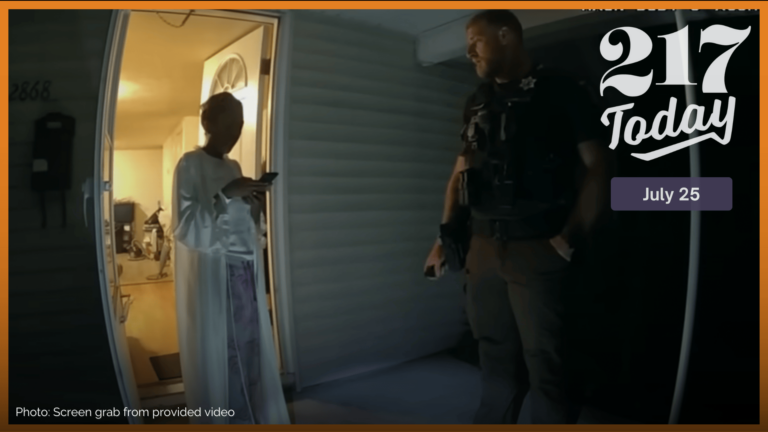CHAMPAIGN – Anyone who lacks health insurance — or wants to change their marketplace coverage — has through May 15 to sign up for options offered through the Affordable Care Act.
That’s thanks to a three-month special enrollment period that began Feb. 15 — after President Biden signed an executive order to open up the federal health insurance marketplace. The Trump administration had shortened the enrollment period last year and cut funding for outreach activities, even as pandemic-related job losses caused millions of people to lose health insurance.
Adani Sanchez, client services coordinator at Champaign County Health Care Consumers, says that while people have a 60-day enrollment period after losing their health insurance, getting signed up for health insurance plan is often not top of mind during a personal financial crisis.
So the special enrollment period, she says, is much-needed.
“When you’re dealing with an unprecedented pandemic, and you have to deal with how you’re going to pay rent first… messing with health insurance companies [is] not going to be your first worry,” Sanchez says.
Signing up for health care can be intimidating, Sanchez says. But free help is available through federally certified application counselors like herself.
In Illinois, 179 plans are available from eight insurance carriers, and in most counties, consumers have more than one carrier to choose from, according to a December 2020 news release from the Illinois Department of Insurance. (IDOI’s 2021 analysis of the Illinois Exchange Plan is available online.)
Illinois Newsroom spoke with Sanchez to get her advice for people with questions about signing up for a health plan through the federal marketplace.
This interview has been edited for clarity and length.
Christine Herman: What’s your advice on how to choose the right health plan?
Adani Sanchez: Sometimes people call us up and they’re like, ‘What’s the best plan?’ And it’s like, well, the best plan for you is going to be a plan that you can afford a plan that covers the things that you need — and that’s not going to be the same for everyone.
We look at prescriptions: which do you take and how often? If you see specialists, it might be really important for you to have a low co-pay.
Do you get a lot of lab work done or X-rays? Deductibles are really important for that kind of lab work, where you’re going in to get blood work or use diagnostic equipment.
But if you’re healthy and your main concern is getting in to see a doctor, once a year, you could probably get a very cheap plan. So we can find that, [if] that’s going to be the best thing for you.
CH: Many people worry about the cost of health insurance. What do you tell them?
AS: Healthcare.gov is the only place where you’re going to be able to find financial assistance for private plans. So you can go directly to a health insurance company, but even they would have to sign you up through healthcare.gov to get you financial assistance.
Right now, in 2021, the health insurance marketplace will offer subsidies for people all the way up to 400% of the federal poverty level — and they move in a gradation. So the closer you are to 133% of the federal poverty level, the greater your subsidy is going to be and as you get closer to that 400% level, then it gets smaller.
If you want to see if you might be eligible, you enter in all your information, including [your projected] income and they will let you know how much financial assistance you’re eligible for.
We call it ‘window shopping.’ If people have questions about their income and what kind of subsidies they might be eligible for, they can go to healthcare.gov and do a ‘plan preview.’ And they can see if they might be eligible for a subsidy without having to do the whole application.
Things that might make your plan more expensive, is having a higher income, being a smoker, unfortunately, and being older — [insurers] can still charge people different prices [based on age].
CH: Subsidies are based on projected income. How do you figure that out, especially if you’ve lost your job?
AS: The health insurance marketplace provides financial assistance based on your projected income for 2021. We encourage people to make sure that they’re putting in the most accurate information that’s relevant to right now.
What do you already earn? What do you know you’re about to earn or what can you predict? Are you getting unemployment, are you getting a severance package? Incorporating those things is also very important; if you file your taxes later on, and your projections are kind of off, you might have to pay some of that back.
So we think it’s really important for people to think about the income and resources that they have right now. And if things need to change, which they might, you can go back in and update your information.
If you’re trying to make it as accurate as possible, you’ll get the help when you need it. And then if you no longer need it, you can update that information and stop the financial assistance. So that information can be fluid.
I would say that figuring out the income is probably the hardest part. But everything else, the application itself, is pretty straightforward.
[The Kaiser Family Foundation also has an online tool to help determine how much a health insurance plan will cost and what subsidies a person may be eligible for.]
CH: How does Medicaid fit into all this?
AS: People are eligible for Medicaid if they are below roughly 130% to 138% of the federal poverty level.
Medicaid is a free health insurance program through the state of Illinois that covers doctor visits, prescription medication, emergency room visits, specialists. There is a little bit more paperwork involved because you have to sign up for it and renew it every year. With Medicaid, people have very little to no out-of-pocket costs, so it is a wonderful program that has literally saved lives.
Medicaid bases their eligibility assessment on current monthly income, which is different from how healthcare.gov considers future yearly income.
Illinois also recently created a new medical program for immigrant seniors. So while traditional Medicaid covers residents of Illinois and U.S. citizens and people who have been permanent residents for more than five years, this new program is eligible for Illinois residents 65 years and older who meet income guidelines.
So we are going to be able to help elderly visa holders, elderly seniors who don’t have a social security number, our permanent residents who just got here. This is going to be a wonderful opportunity for immigrant seniors — our most vulnerable population especially right now during a pandemic — for them to be able to access care in a variety of ways.
[Kaiser Health News reports that, through this program, Illinois is the first state in the U.S. to extend health coverage to undocumented seniors.]
CH: Have more people in central Illinois been seeking out help to get signed up?
AS: We’re seeing it pick up. I think a lot of people have been dealing with more survival needs. And of course, I think that health insurance, your health, is important. Health care is important, but health insurance is a hassle.
I think people are just now finding a little bit of attention and energy to pay to these other things that have been really pressing on them. So I don’t want to say that people are out of crisis just yet. I think that people are still struggling a lot, and they’ve just now been able to find some attention to be like, ‘What am I going to do about health insurance?’
Christine Herman is a reporter at Illinois Public Media. Follow her on Twitter: @CTHerman

